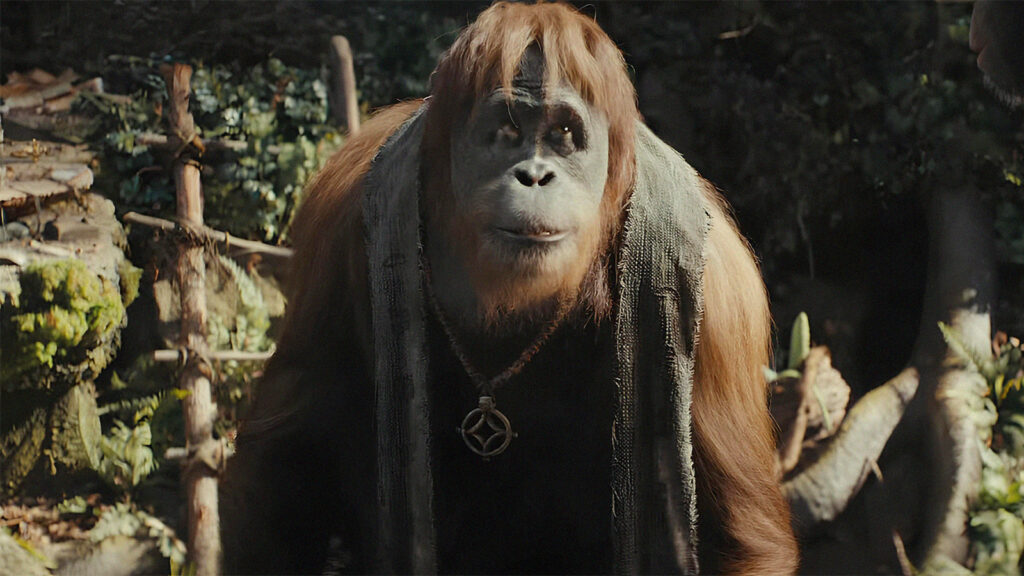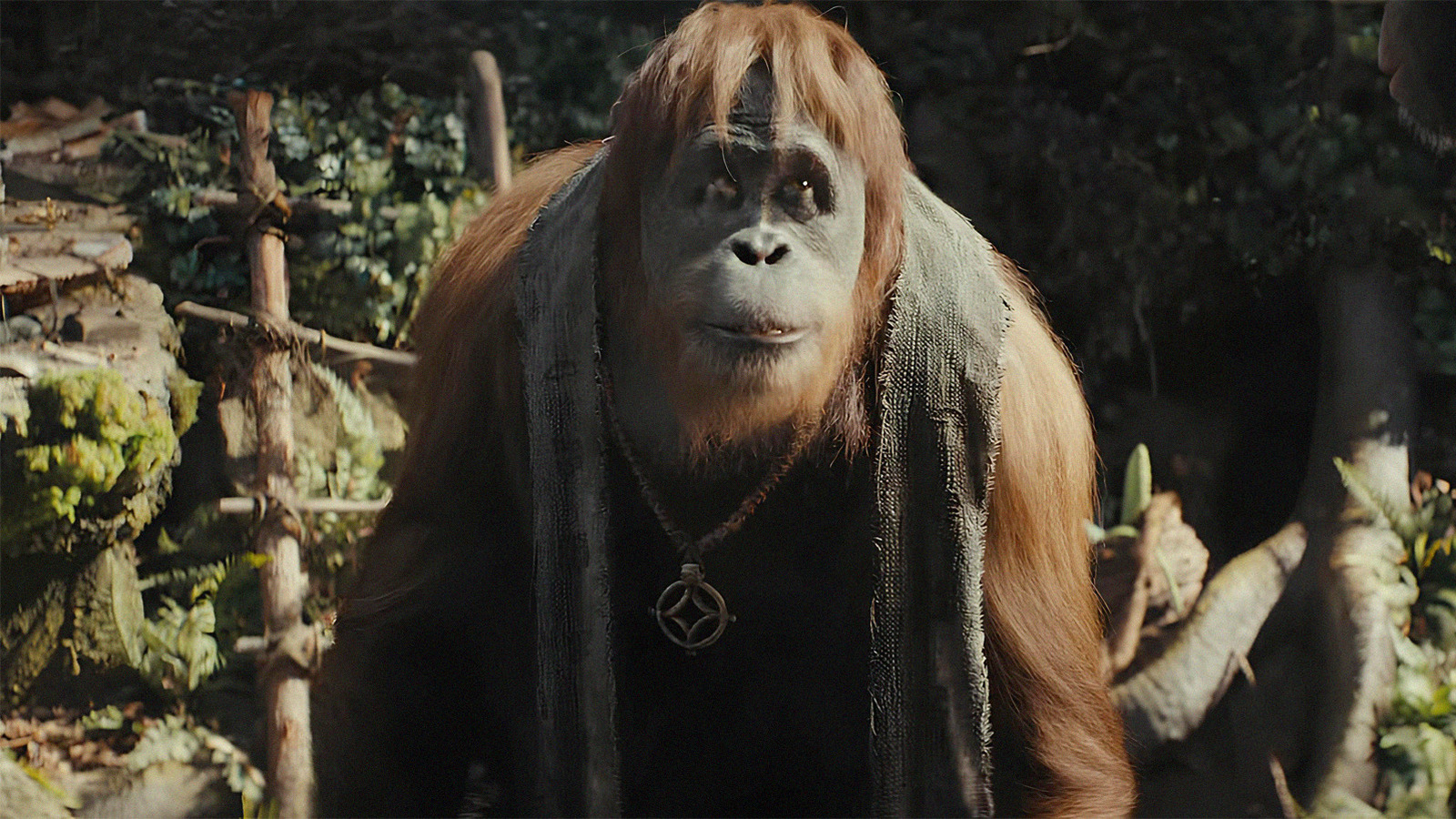
Zaius: Unpacking the Complex Character of the Planet of the Apes Oracle
Dr. Zaius, the orangutan Minister of Science and Chief Defender of the Faith in the original Planet of the Apes film series, remains one of science fiction’s most compelling and multifaceted characters. More than just an antagonist, Zaius embodies the conflict between tradition and progress, knowledge and fear, and the inherent dangers of unchecked power. This article delves into the complexities of Zaius, exploring his motivations, his role in Ape society, and his enduring legacy in popular culture. The nuanced portrayal of Zaius challenges viewers to consider the ethical implications of scientific advancement and the potential for dogma to blind even the most intelligent beings.
The Origins of Dr. Zaius
Created by Pierre Boulle in his novel La Planète des Singes (Planet of the Apes), the character of Zaius was brought to life on screen by the formidable Maurice Evans in the 1968 film. In the original novel, the orangutans represented the scientific elite, while in the film, Zaius’s role expanded to encompass religious authority as well. This fusion of science and faith makes Zaius a particularly intriguing figure. The film adaptation crafted Zaius into a character driven by a deep-seated fear of humanity’s potential to reclaim its dominance, a fear rooted in the forbidden knowledge he possesses about Earth’s past. His actions, while often appearing cruel and authoritarian, stem from a desire to protect Ape society from what he perceives as an existential threat.
Zaius’s Role in Ape Society
As Minister of Science, Zaius is responsible for maintaining the established order of Ape society. He controls the flow of information, suppressing any discoveries that might challenge the Ape worldview or reveal the truth about humanity’s past. This censorship, while morally questionable, is presented as necessary for the stability of the Ape civilization. He holds immense power, influencing laws, education, and religious dogma. His authority is rarely questioned, reflecting the rigid social hierarchy of the Planet of the Apes. Yet, beneath his stern exterior lies a profound understanding of the dangers that lie hidden beneath the surface of their world. Zaius is not merely a power-hungry tyrant; he is a guardian, albeit a flawed one, tasked with preserving his species.
The Conflict with Taylor
The arrival of George Taylor, the astronaut played by Charlton Heston, throws Zaius’s carefully constructed world into chaos. Taylor represents everything Zaius fears: human intelligence, ambition, and the potential for rebellion. Their interactions are pivotal to the film’s narrative, highlighting the clash between two opposing worldviews. Zaius attempts to suppress Taylor, to silence him and erase the threat he poses to the established order. However, Taylor’s unwavering defiance and his undeniable intelligence force Zaius to confront the possibility that his understanding of the world is incomplete. The dynamic between Zaius and Taylor is a masterful study in contrasting ideologies and the struggle for dominance.
Zaius’s Knowledge of the Past
One of the most compelling aspects of Zaius’s character is his awareness of the truth about the Planet of the Apes. He knows that humans were once the dominant species and that their downfall was self-inflicted. This knowledge burdens him with a heavy responsibility, forcing him to make difficult choices in order to prevent history from repeating itself. The details of the past are deliberately obscured, adding to the mystery and intrigue surrounding Zaius. What exactly does he know? And how far will he go to protect his secret? These questions drive the narrative forward and keep viewers engaged.
The Ethical Dilemmas Faced by Zaius
Zaius’s actions raise profound ethical questions. Is it justifiable to suppress knowledge in order to maintain social order? Is it right to sacrifice individual freedom for the sake of collective security? These are not easy questions, and the film offers no easy answers. Zaius embodies the complexities of leadership, forcing viewers to consider the difficult choices that leaders often face. His character is a reminder that power comes with responsibility and that even the most well-intentioned actions can have unintended consequences. The moral ambiguity surrounding Zaius is what makes him such a compelling and enduring character.
Zaius’s Legacy in Popular Culture
Dr. Zaius has become a cultural icon, instantly recognizable and widely referenced in popular culture. His image and his famous lines, such as “Get your stinking paws off me, you damn dirty ape!” have been parodied and quoted countless times. His character represents the dangers of blind faith, the suppression of knowledge, and the abuse of power. Zaius is a cautionary tale, reminding us of the importance of critical thinking, open inquiry, and the constant questioning of authority. His influence can be seen in countless science fiction stories and political allegories, solidifying his place as one of the most memorable characters in film history. The character of Zaius continues to resonate with audiences today because he embodies timeless themes of power, knowledge, and the struggle for survival. He is a complex and fascinating figure whose motivations are both understandable and deeply disturbing. The character of Zaius serves as a reminder of the importance of questioning authority and challenging established norms, even when those norms are presented as being in the best interests of society. His legacy extends far beyond the Planet of the Apes franchise, influencing countless works of science fiction and inspiring critical discussions about the nature of power, knowledge, and the future of humanity. Zaius, the seemingly unwavering leader, grapples with the weight of secrets and the potential consequences of their exposure, making him a figure of both authority and vulnerability. He represents the internal conflict between preserving tradition and facing the uncomfortable truths of the past, a struggle that resonates deeply with audiences. The enduring appeal of Zaius lies in his complexity. He is not simply a villain, but a flawed and ultimately tragic figure who is trying to protect his people from what he believes is a grave threat. His actions, while often questionable, are driven by a genuine desire to do what is best for his society, even if it means sacrificing individual freedom and suppressing knowledge. The character of Zaius forces us to confront uncomfortable truths about ourselves and the world around us. He challenges us to question our assumptions, to examine our own biases, and to consider the potential consequences of our actions. In doing so, he elevates the Planet of the Apes from a simple science fiction story to a powerful and thought-provoking allegory about the human condition. [See also: The Evolution of Ape Society in Planet of the Apes] His pronouncements and actions are steeped in the gravity of someone burdened with knowledge that could shatter the foundations of their world, making him a compelling study in leadership under pressure. Ultimately, Zaius remains a potent symbol of the struggle between progress and tradition, fear and knowledge, and the enduring human capacity for both good and evil.
Conclusion
Dr. Zaius is far more than just a villain in a science fiction film. He is a complex and nuanced character who embodies the ethical dilemmas of power, knowledge, and the struggle for survival. His enduring legacy in popular culture is a testament to the power of storytelling to challenge our assumptions and force us to confront uncomfortable truths about ourselves and the world around us. The character of Zaius continues to inspire debate and discussion, solidifying his place as one of the most memorable and thought-provoking characters in film history.

